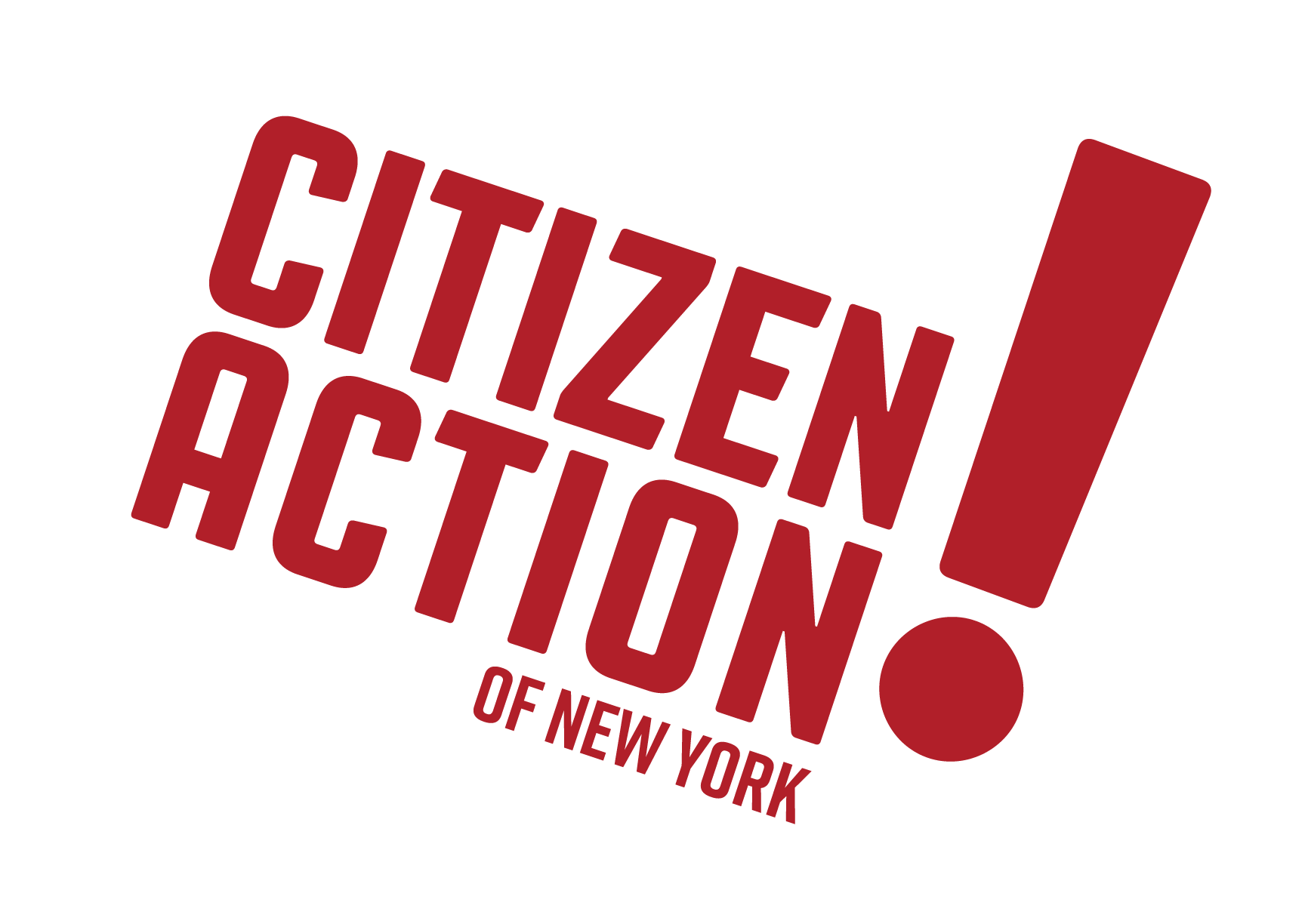June 9, 2022 (Albany, NY)–The New York State Department of Corrections issued a new policy that went into effect last month, barring people from sending care packages to loved ones who are inside state prisons and jails. Exceptions are made for orders placed through six private companies with inflated prices (or from vendors who will ship directly to prisons – many do not) and even then, the number per year is limited to two.
“This will cause chaos,” said Tina, Citizen Action of New York member whose son is incarcerated at Attica. “The commissary is not even stocked, so my son and the others inside are forced to eat slop. It makes me angry, and very, very afraid. I’m worried people will be very upset by this inside and something will happen.”
“At the end of the day, this policy change is an added burden on the families of incarcerated New Yorkers. The only beneficiaries are the vendors in bed with the prison industrial complex. Families are facing record inflation, and the extremely meager wages that incarcerated individuals earn haven’t been raised in decades. DOCCS needs to reverse this policy and stop whittling away at the support that incarcerated individuals rely on,” said Wilfredo Laracuente, an advocate with the 13th Forward coalition, educator, and formerly incarcerated leader.
“Incarcerated New Yorkers rely on mailed packages to meet basic needs, banning them would be yet another way the State of New York pressures people to work for pennies while incarcerated,” said Han Lu, Staff Attorney, National Employment Law Project (NELP).
“To an outsider, this new policy may seem insignificant, but incarcerated people rely on packages as a lifeline,” said Alexandra Smith, Staff Attorney with the Prisoners’ Rights Project at The Legal Aid Society of New York City. “Any policy that restricts the package vendor list adds to the already insurmountable cost of maintaining contact, communication, and care between the prison walls. It is just another means by which the New York State prison system seeks to sever the ties between incarcerated people and their loved ones.”
“The 13th Amendment ended chattel slavery, but with an insidious exception: ‘as a punishment for a crime.’ This legacy lives on in New York through forced and exploitive labor conditions in our prisons and jails, and the insidious way that our carceral settings prioritize their own profit over rehabilitation and reentry. For far too long, incarcerated individuals’ labor has fueled and funded the prison-industrial complex, and DOCCS’ new policy now forces their loved ones to line the coffers of for-profit companies through a monopoly on care packages. It is time for New York to end this exploitation, provide basic labor protections for workers, and create a meaningful pathway to employment for individuals impacted by our criminal legal system, not reap revenues off the backs of incarcerated individuals and their families,” said Lisa Zucker, NYCLU Senior Attorney for Legislative Affairs.
###
